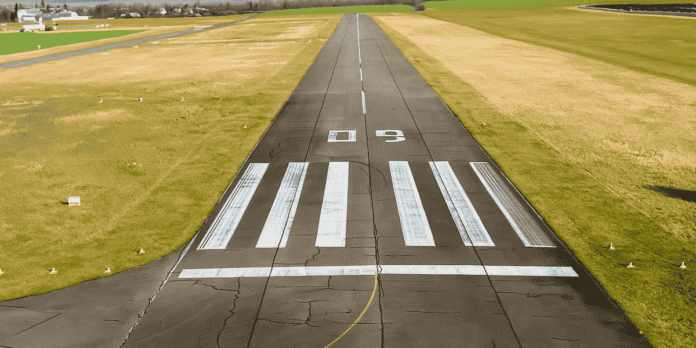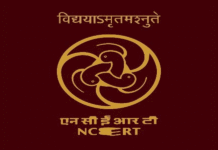Sri Vijaya Puram, June 16: Residents of Great Nicobar’s Gandhi Nagar and Shastri Nagar villages are seeking greater clarity from the administration as land acquisition begins for the Greenfield International Airport. The final Social Impact Assessment (SIA) report, reviewed by The Wave Andaman, confirms that 263 families will be directly affected, raising concerns over loss of land, livelihoods, and the disruption of longstanding social and cultural systems.
The airport is a key component of the ₹72,000-crore “Holistic Development of Great Nicobar” initiative. The broader plan includes a transshipment port, township development, and integrated civil-military infrastructure. It is being implemented by the Andaman and Nicobar Islands Integrated Development Corporation (ANIIDCO), with policy guidance from NITI Aayog.
According to the SIA, 834.6 hectares of land are to be acquired for the airport project, including 337.3 hectares of private holdings. The affected land supports agricultural activity, residential settlements, community infrastructure, and economic assets like coconut and betel nut plantations, fruit trees, and spice cultivation. Families have been residing and farming in the area for multiple generations.
While the report notes that many affected households expressed a willingness to part with their land in principle, it also records significant concerns raised during public consultations. These include uncertainty around compensation, the potential for livelihood loss, and limited clarity on resettlement and rehabilitation plans.
Community infrastructure expected to be impacted includes a sub-health centre, a government primary school, a police outpost, and six temples in Shastri Nagar. The acquisition area also includes 12 wells, six bus stands, and over 100,000 trees that provide economic and ecological value.
The administration has proposed a Social Impact Management Plan (SIMP) aligned with the Right to Fair Compensation and Transparency in Land Acquisition Act, 2013. The plan recommends financial compensation, employment opportunities, relocation of public and religious facilities, and active involvement of local panchayats in the resettlement process.
Environmental and rights-based organisations have highlighted additional concerns. Great Nicobar is home to several endemic and endangered species and is a critical nesting site for leatherback sea turtles. The island also supports the Shompen, a Particularly Vulnerable Tribal Group (PVTG), whose isolation and dependence on forest ecosystems make them highly sensitive to large-scale development.
The SIA recommends minimising private land acquisition to the greatest extent and urges continuous dialogue with local communities to reduce social and environmental disruption.
With the SIA report now in the public domain, scrutiny is expected to intensify over how effectively compensation and rehabilitation commitments are implemented, and whether development can proceed without permanent loss to the island’s cultural and ecological fabric.





